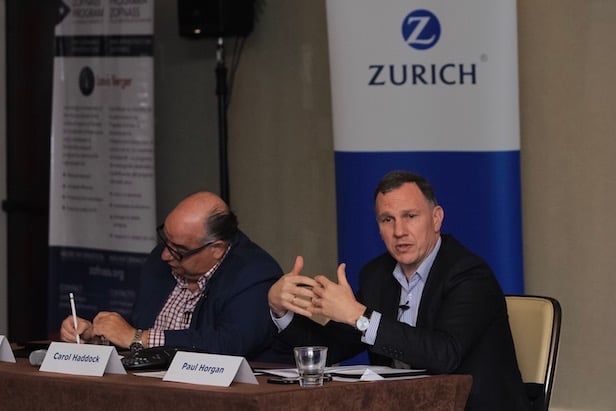
Seven months after Hurricane Maria devastated Puerto Rico in September 2017, the island continues to face challenges in the recovery and rebuilding process.
Last week, a multidisciplinary group met in the commonwealth's capital of San Juan to evaluate what is needed to rebuild Puerto Rico's infrastructure and what new ideas can translate to the larger issues of rebuilding infrastructure across the United States.
Zurich Insurance hosted the roundtable group whose members represent engineering, sustainability, private investment, government, construction and urban planners.
Recommended For You
Want to continue reading?
Become a Free PropertyCasualty360 Digital Reader
Your access to unlimited PropertyCasualty360 content isn’t changing.
Once you are an ALM digital member, you’ll receive:
- Breaking insurance news and analysis, on-site and via our newsletters and custom alerts
- Weekly Insurance Speak podcast featuring exclusive interviews with industry leaders
- Educational webcasts, white papers, and ebooks from industry thought leaders
- Critical converage of the employee benefits and financial advisory markets on our other ALM sites, BenefitsPRO and ThinkAdvisor
Already have an account? Sign In Now
© 2025 ALM Global, LLC, All Rights Reserved. Request academic re-use from www.copyright.com. All other uses, submit a request to [email protected]. For more information visit Asset & Logo Licensing.








